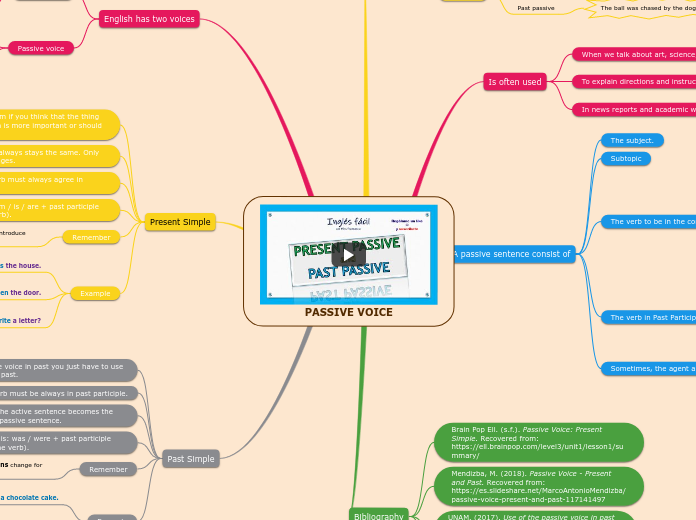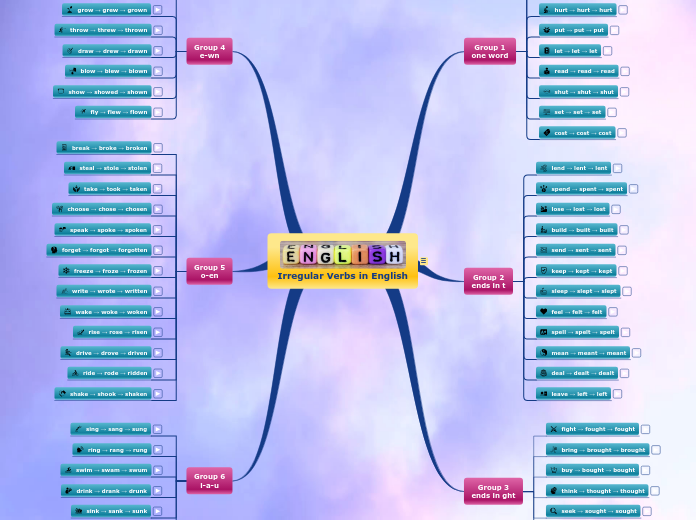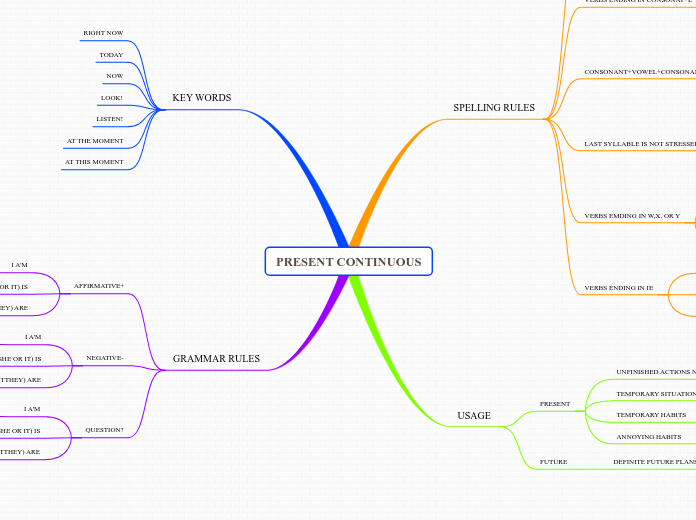によって Nustik Nustik 1年前.
174
Практическая грамматика
The text provides a comprehensive overview of various aspects of English grammar, focusing on different tenses, moods, and structures. It describes methods of expressing the future using forms like Future Simple, "









